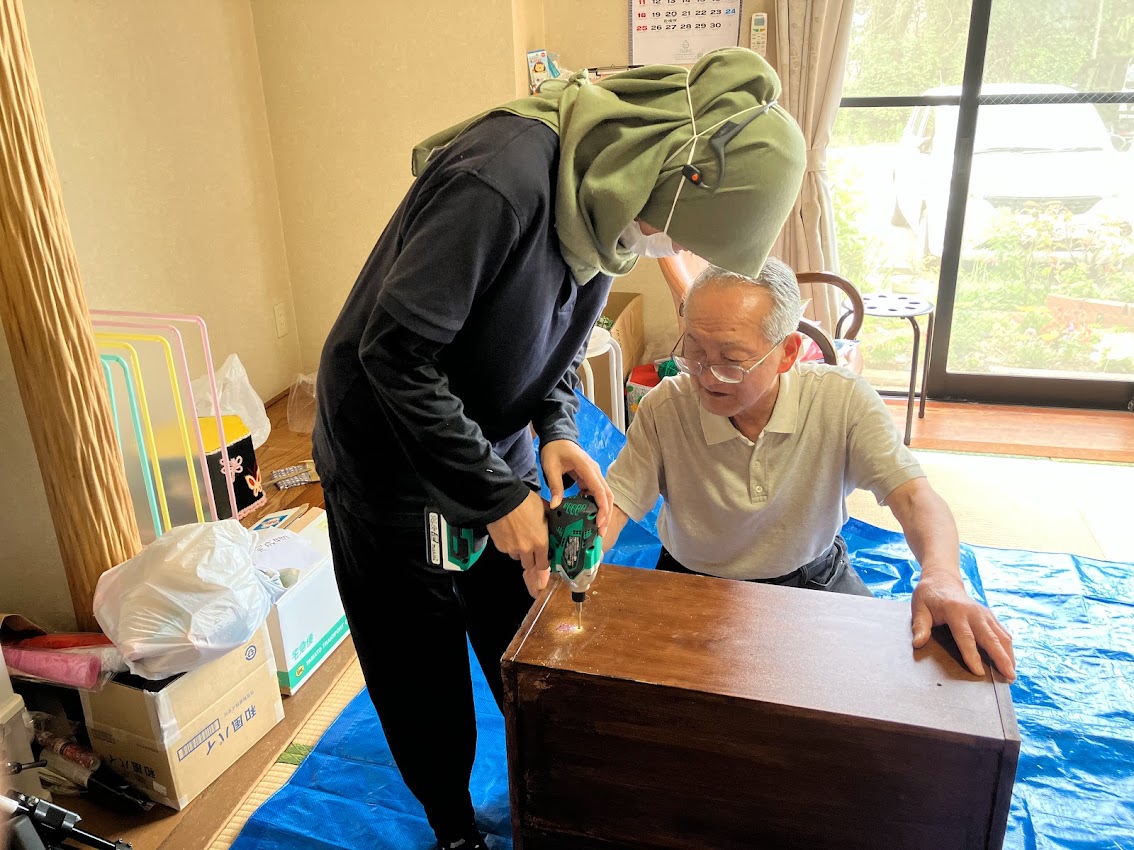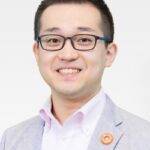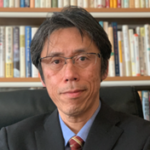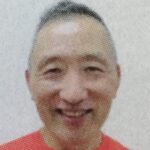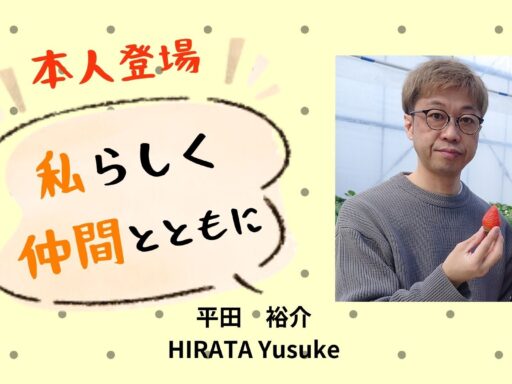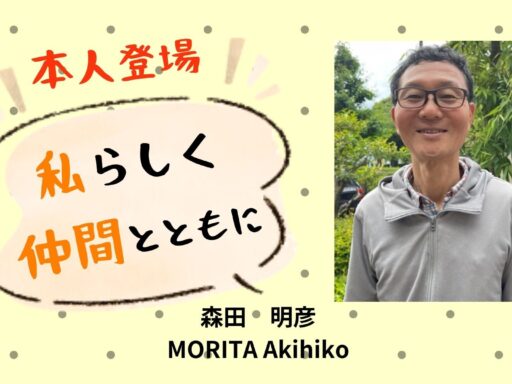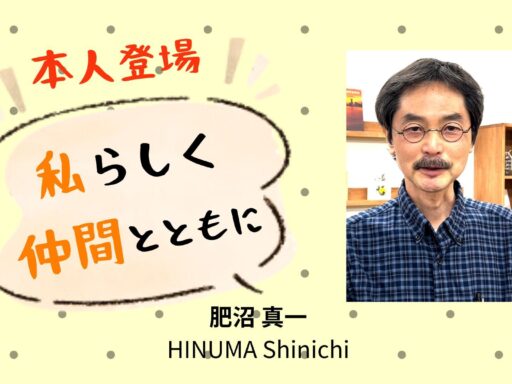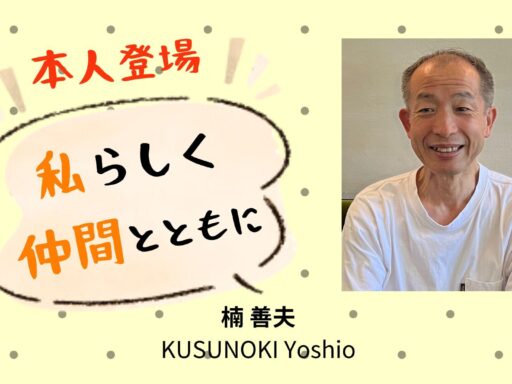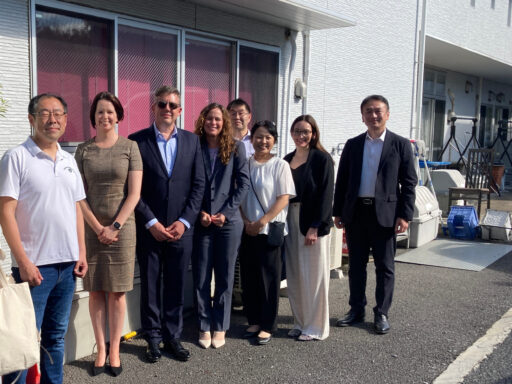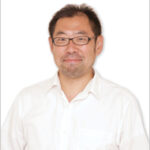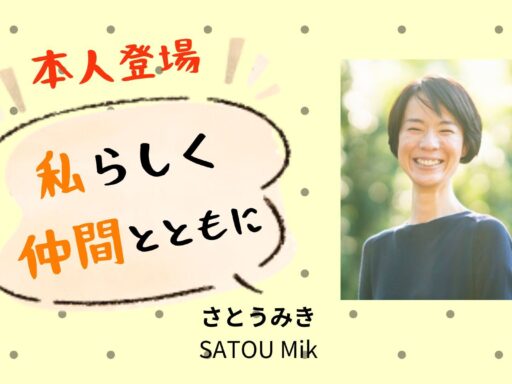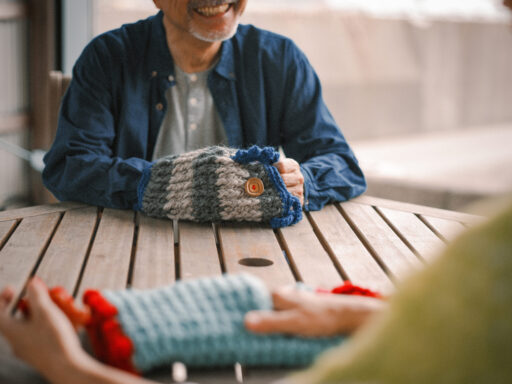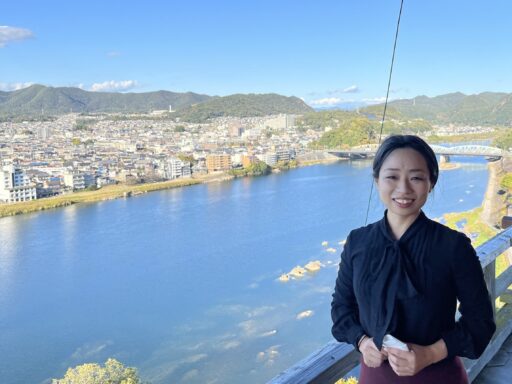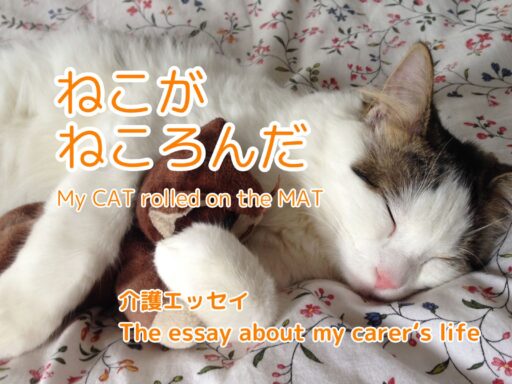Woking in Japan: Sometimes challenging, but enjoying with the older people with dementia
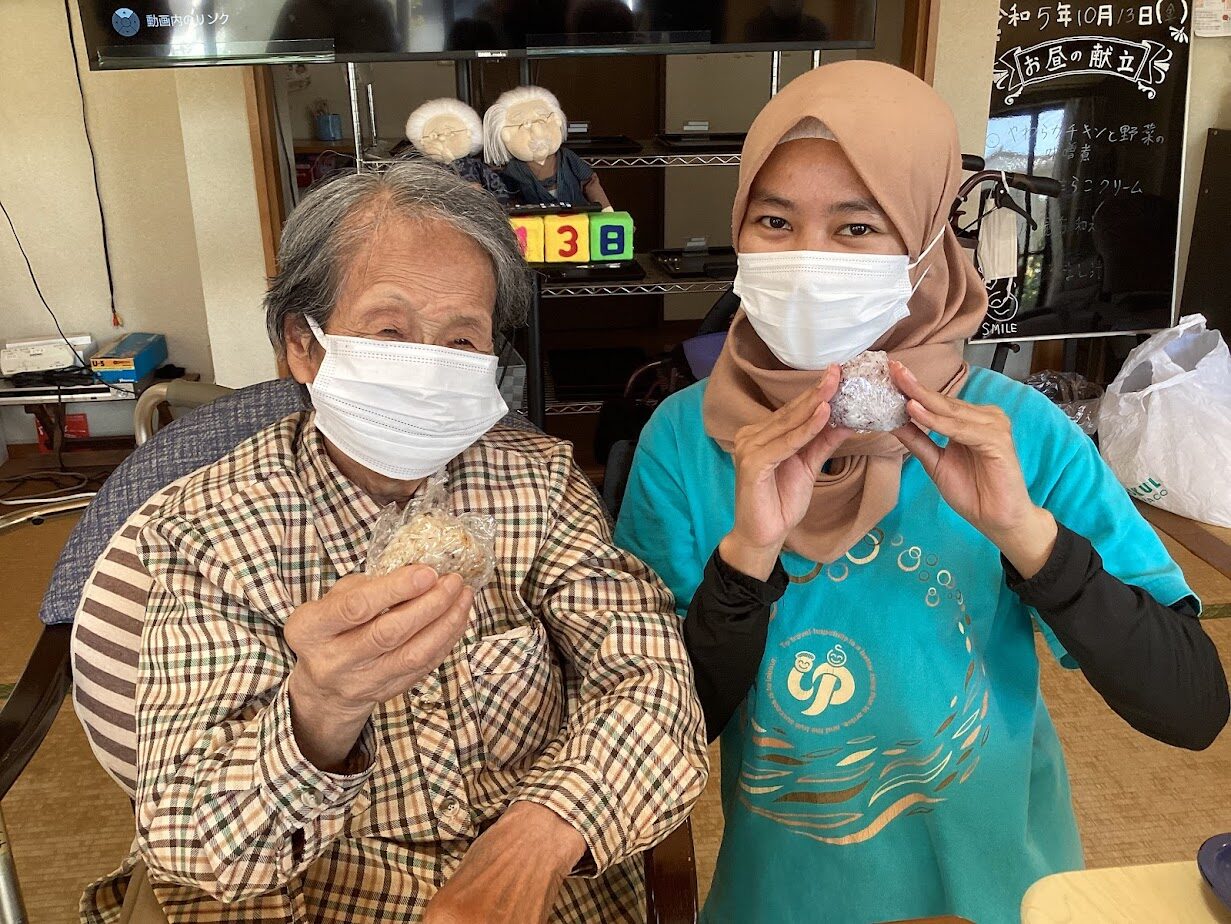
Nice to meet you,
My name is Lili from Indonesia. I am a professional care worker at “Smile Day Care Center Nagasaka” in Japan.
Since I was a high school student, I have always wanted to go abroad in the future. As a university student, I attended a seminar introducing nursing care in Japan, Taiwan, Singapore, and other countries.
One of the reasons I chose Japan is because Japan has four seasons. After listening to my seniors’ experiences in Japan, I said, “I want to go there too!”
Upon graduation, I studied Japanese at a language school. I went to classes every day and learned Japanese characters and grammar.
Kanji, Chinese characters, are complicated. There are many ways to read them; when I had difficulty studying, I doubted myself and wondered if I could do it. But I had to do it because everyone around me worked as hard as possible!
After six months of study, I passed the Japanese Language Proficiency Test Level 4. I can understand everyday conversation at a slow pace.
I was interviewed for a job and passed Smile on the third try. After one year of training in nursing skills and Japanese, I finally came to Japan in February 2020. Winter was frigid, and what is more, the Coronavirus pandemic started. It was a tough time.
I had a lot of worries, and I called my mother every day because it was the first time I had lived alone, and I was very lonely.
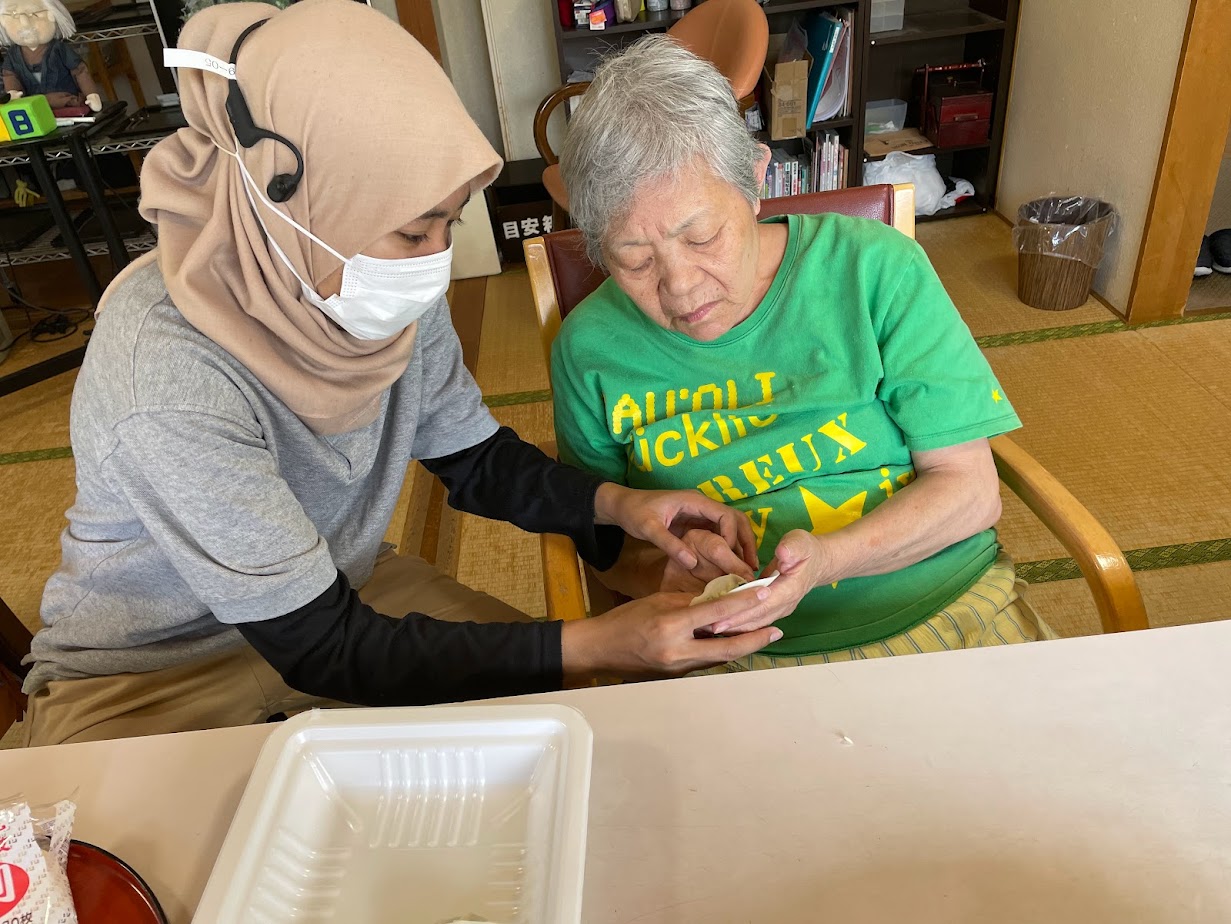
The first problem I had was the difference in religion. Most Indonesians are Muslim, and there are often places of worship wherever we go in Indonesia. In my workplace, they prepared a place of worship, but generally, in Japan, there are no places of worship, so before I go out, I check to see if there is a place of worship nearby. Also, Muslims cannot eat pork and drink alcohol, so I have to be careful about what I eat when I go out to eat. There is not much food that we can eat.
Also, generally, Indonesian people smile at everyone, regardless of whether they know them and we often get together with friends to discuss various things. I think these are cultural differences in daily life.
I made a lot of mistakes at work. At first, I could not speak Japanese well, and it wasn’t easy to understand the service users’ words. At that time, I often clarified their words, saying, “Could you please repeat it? In Indonesia, we take showers but not baths, so I had no experience assisting with bathing, and it was a bit difficult. But the staff was kind and taught me carefully. Other than that, I could not handle it well when service users living with dementia said, “I want to go home,” or felt anxious. This job is sometimes challenging, but I enjoy recreation and talking with everyone.
In the future, when I return to Indonesia, I would like to be able to use what I have learned here. I will help to take care of my parents in the future. I want to be an interpreter as well.
I want to visit many places and have as many experiences as possible in Japan.
